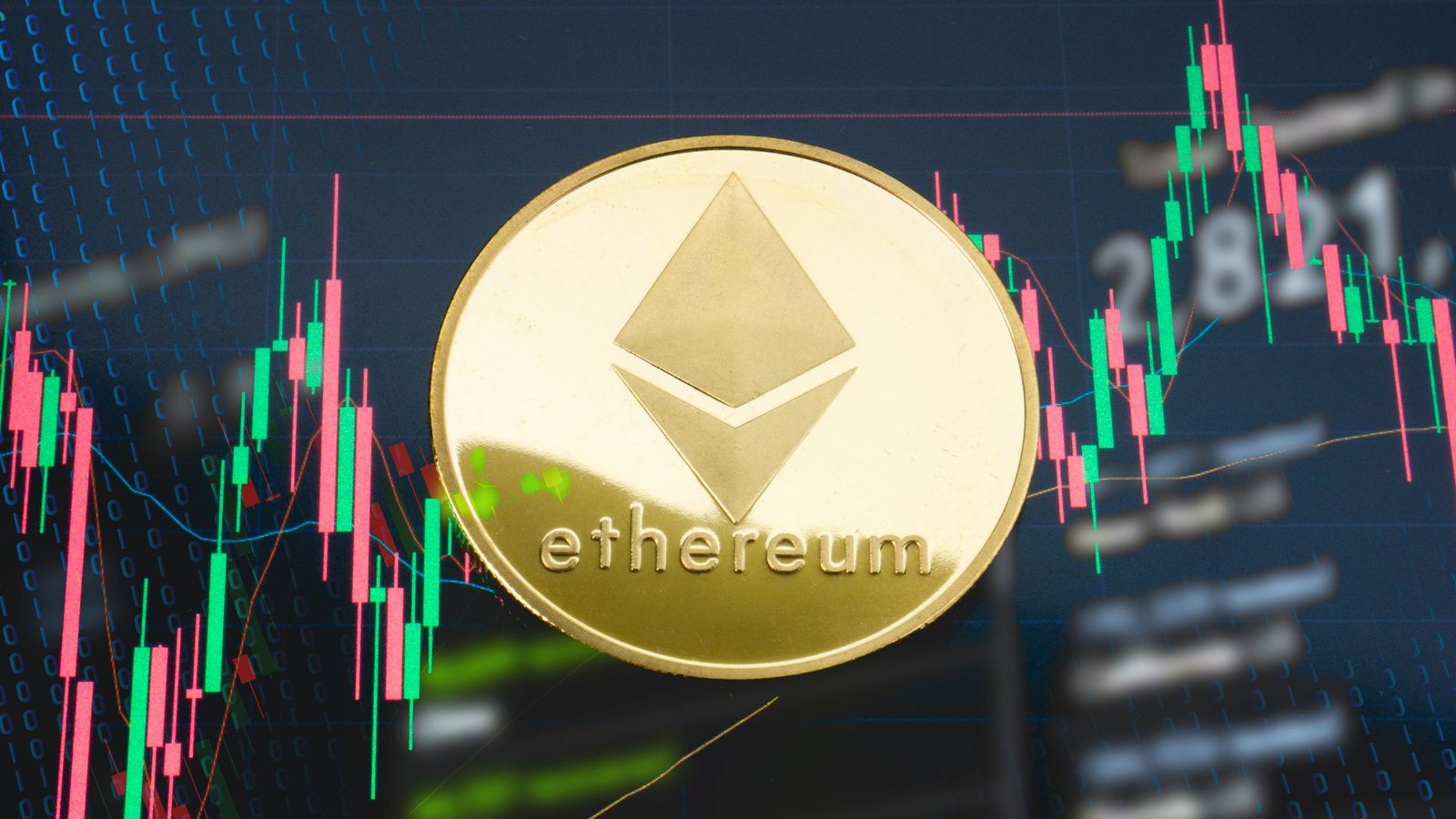BlackRock’s acquisition of 359,279 Bitcoin, worth over $23 billion, has been a groundbreaking moment for both cryptocurrency and the traditional investment landscape. As the world’s largest asset manager, with over $10 trillion in assets under management, BlackRock’s move significantly boosts Bitcoin’s credibility. This event has sparked a shift in perception, from seeing Bitcoin as a speculative asset to recognizing it as a legitimate store of value, much like gold.
Impact on the Cryptocurrency Market
When major institutional players such as BlackRock invest in Bitcoin, it sends a strong message to the broader market. For individual and institutional investors alike, this acquisition could drive greater confidence in Bitcoin’s long-term potential. The price of Bitcoin often reacts positively to institutional investments, as seen in past cases with other large funds and corporations. BlackRock’s investment is expected to strengthen Bitcoin’s price over time, especially considering Bitcoin’s limited supply of 21 million coins. With institutional demand increasing and supply fixed, basic economic principles suggest price appreciation.
Further, this acquisition could inspire other institutions to follow suit. If additional asset managers and financial institutions start adding Bitcoin to their portfolios, it could further solidify Bitcoin’s role in mainstream finance. The ripple effect of BlackRock’s move may lead to more consistent inflows of capital into Bitcoin and the broader cryptocurrency market(
The Timing and Strategic Importance
The timing of BlackRock’s investment is no accident. Bitcoin’s market has matured significantly, with the introduction of Bitcoin ETFs providing an accessible way for traditional investors to enter the crypto space. ETFs, which trade on public exchanges, enable institutional investors to gain exposure to Bitcoin without having to manage the complexities of storing and securing the cryptocurrency itself. This move aligns with BlackRock’s strategy of offering diversified exposure to new and emerging asset classes.
Additionally, the current global macroeconomic environment—marked by inflation concerns, monetary policy shifts, and uncertainties around fiat currencies—may have contributed to BlackRock’s decision. Bitcoin has increasingly been viewed as a hedge against inflation and currency devaluation, particularly in an era of loose monetary policies and quantitative easing(
Blockchain Technology’s Role
BlackRock’s acquisition isn’t just about Bitcoin as an asset; it also represents a broader bet on the underlying technology—blockchain. Bitcoin is only the most visible application of blockchain, which has a wide range of use cases from decentralized finance (DeFi) to smart contracts, and more. By investing heavily in Bitcoin, BlackRock is positioning itself within the larger blockchain ecosystem, which has the potential to disrupt numerous industries, including financial services, supply chain management, and healthcare.
This growing institutional interest in blockchain could drive innovation in the space. As more capital flows into blockchain-based projects, expect to see advancements in scalability, security, and usability. This may also lead to the development of more robust infrastructure, helping to bridge the gap between traditional finance and the crypto space.
Investment Opportunities
For individual investors, BlackRock’s acquisition could be a signal to consider blockchain technology and cryptocurrencies as viable long-term investments. While Bitcoin remains volatile in the short term, its growing institutional adoption provides a sense of legitimacy. Investors may want to diversify their portfolios by gaining exposure to Bitcoin or other digital assets, especially as more funds and asset managers show interest in this market.
Moreover, blockchain technology is more than just cryptocurrencies. From smart contracts to decentralized applications (dApps), there are numerous opportunities for investors to explore. This broader ecosystem presents exciting growth potential, and institutional involvement like BlackRock’s will likely drive further investment and innovation in the coming years(
Conclusion
BlackRock’s $23 billion acquisition of Bitcoin is a landmark moment, both for the cryptocurrency market and traditional finance. This move highlights the growing institutional interest in Bitcoin and blockchain technology, signaling to the world that cryptocurrencies are here to stay. For investors, this may represent a pivotal moment to reconsider their investment strategies, especially as more institutional players enter the space. With its fixed supply and increasing demand, Bitcoin’s price could see significant upward pressure in the years to come, making it a valuable asset in a diversified portfolio.






